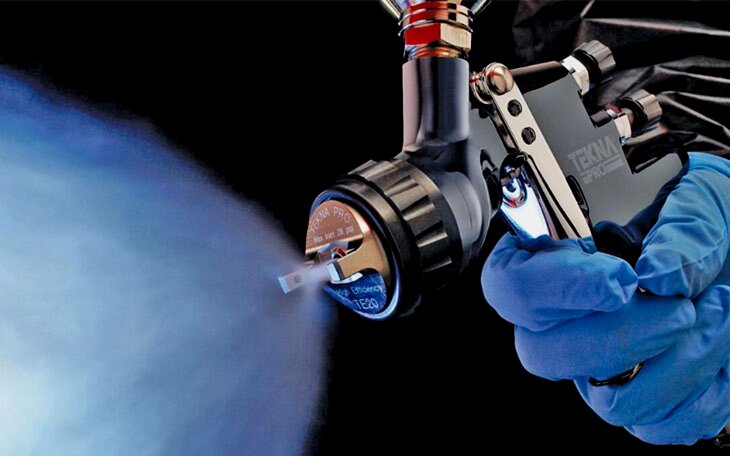As monsoon season brings relief from the heat, it also ushers in the season of coughs and colds. With many turning to over-the-counter cough syrups for relief, a new warning has emerged: some Indian cough syrups are failing quality control tests and may be dangerous.
Recent testing by the Central Drugs Standard Control Organisation (CDSO) revealed that out of 7,087 batches of cough syrup tested, 353 were flagged as “Not of Standard Quality” (NSQ). The primary issues were high levels of diethylene glycol (DEG) and ethylene glycol (EG), both industrial chemicals that pose serious health risks. These substances were found in alarming quantities, leading to toxic concoctions.
DEG is used in antifreeze and brake fluids, while EG is common in antifreeze, paints, and inks. According to health experts, ingesting these chemicals can cause severe health problems, including metabolic acidosis, kidney damage, and potentially fatal effects on the central nervous system.
The CDSCO attributes the problem to poor supply chain controls and inadequate testing. This isn’t an isolated issue; the World Health Organization (WHO) previously warned about Indian cough syrups linked to around 140 child deaths globally, notably in Gambia and Uzbekistan.
India, a major player in the global pharmaceutical industry, faces a serious challenge. The Indian government is cracking down, demanding that manufacturers ensure rigorous testing before products hit the market. Additionally, manufacturers must retain samples from all production batches to improve oversight.
However, there’s also talk of waiving some testing requirements for cough syrups intended for export to countries like the US, UK, and Canada. A proposal from industry stakeholders suggests that if a plant is approved by regulatory agencies in these countries, cough syrups from that facility could bypass certain local testing requirements.
Given the current situation, it’s crucial for consumers to be vigilant. Always check the label for ingredients and ensure you’re purchasing from reputable sources. With these precautions, you can better protect yourself and your family from potentially harmful products.











